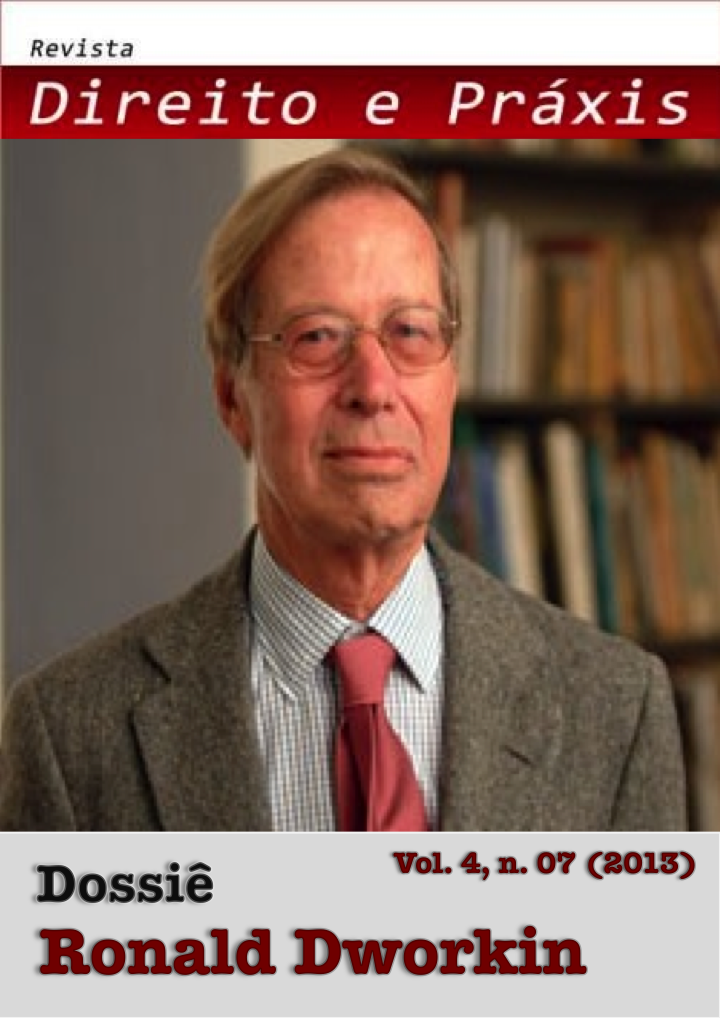O Supremo Tribunal diante dos casos de prisão decorrente do movimento operário paulista (1917-1920) / The Supreme Court on cases resulting in prison in the labor movement in São Paulo (1917-1920)
DOI:
https://doi.org/10.12957/dep.2013.5840Keywords:
História do movimento operário, S.T.F., Primeira República, Movimento anarquista brasileiro / History of the labor movement, Brazilian Supreme Court, Brazil´s first republic, Brazilian anarchist movementAbstract
DOI 10.12957/dep.2013.5840
Resumo:
O movimento operário paulista agiu durante os anos de 1917-20 apoiando greves, mas também dialogando com o judiciário. O Supremo Tribunal Federal foi palco de discussão sobre os direitos dos operários, em especial, ao direito de greve e o de liberdade. Esse artigo procura retratar a visão dos operários presentes nos jornais operários sobre a atuação do STF nos casos de habeas corpus e na aplicação da Lei Afonso Gordo.
Palavras-chave: História do movimento operário, S.T.F., Primeira República, Movimento anarquista brasileiro
Abstract:
The labor movement in São Paulo acted during the years 1917-20 supporting strikes, but also in dialogue with the judiciary. The Supreme Court was the stage for discussion on the rights of workers, in particular, the right to strike and freedom. This article presents the vision of workers in the workers' newspapers on the role of Supreme Court in cases of habeas corpus and application of Afonso Gordo Law.
Key-words: History of the labor movement, Brazilian Supreme Court, Brazil´s first republic, Brazilian anarchist movement
Downloads
Downloads
Published
How to Cite
Issue
Section
License
The authors the sole responsibility for their texts.
It is allowed the total or partial reproduction of the articles of the Journal Law and Praxis, if the author is mentioned.
This work is licensed under a Creative Commons Attribution-Noncommercial-Share Alike 4.0 Unported License.
This license allows you to copy and redistribute the material in any medium or format for any purpose, even commercial, provided the original authorship is cited.
This work is licensed under a Creative Commons Attribution 4.0 International License.



